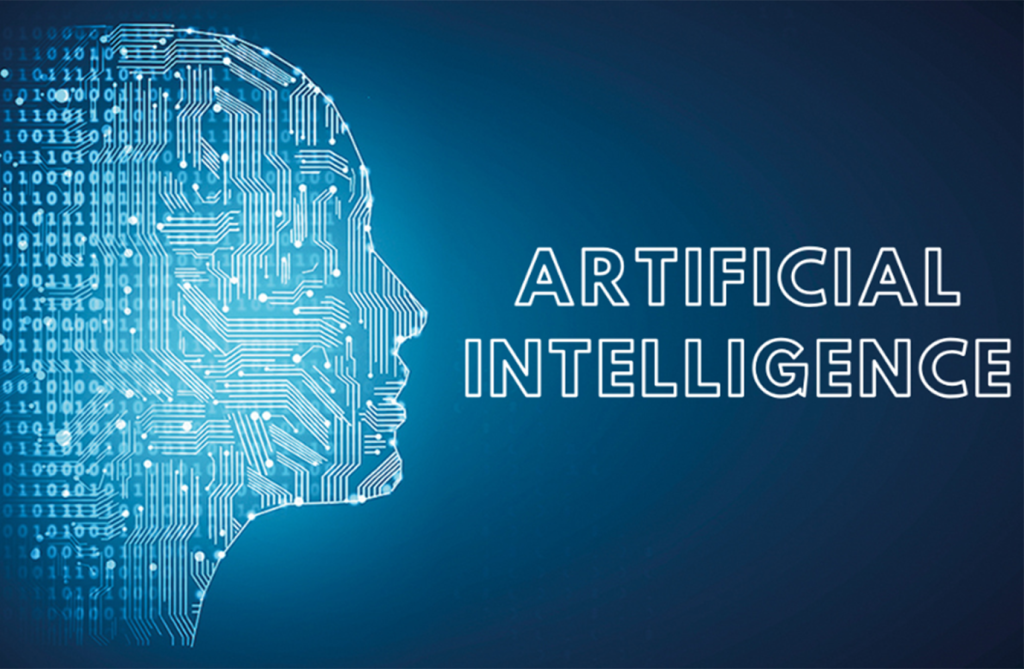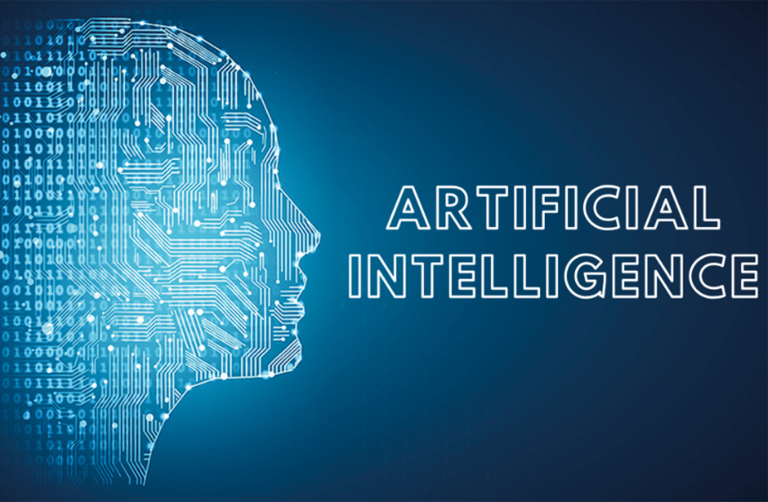Artificial Intelligence (AI) is no longer just a futuristic concept – it’s already making a huge impact across industries. One of the sectors benefiting the most is healthcare. From early disease detection to personalized treatment, AI is transforming the way doctors, patients, and hospitals operate. In this blog, we’ll explore how AI is revolutionizing healthcare in 2025 and why it’s considered one of the biggest breakthroughs in medical history.

The Role of AI in Healthcare
AI in healthcare refers to the use of machine learning algorithms, natural language processing, and robotics to analyze medical data, assist in decision-making, and improve patient outcomes. Unlike traditional methods, AI can process massive amounts of information quickly and accurately, helping doctors make faster and better decisions.
Key Applications of Artificial Intelligence in Healthcare
1. Early Disease Detection
AI-powered diagnostic tools can detect diseases like cancer, diabetes, and heart problems at an early stage. For example, AI systems can analyze X-rays, MRIs, and CT scans with greater accuracy than human doctors, reducing the chances of misdiagnosis.
2. Personalized Treatment Plans
Every patient is unique, and AI helps create personalized treatment plans by analyzing genetics, lifestyle, and medical history. This approach improves treatment effectiveness and reduces side effects.
3. Virtual Health Assistants
Artificial Intelligence chatbots and virtual assistants provide 24/7 support to patients. They can answer medical queries, remind patients to take medicines, and even schedule appointments – making healthcare more accessible.
4. Drug Discovery and Research
Traditional drug development takes years and costs billions. Artificial Intelligence speeds up this process by analyzing chemical structures and predicting which compounds will work best. In fact, during the COVID-19 pandemic, Artificial intelligence played a huge role in accelerating vaccine research.
5. Robotic Surgery
AI-powered robots assist surgeons in performing minimally invasive surgeries with high precision. This reduces recovery times, minimizes human error, and improves patient outcomes.
6. Hospital Management
AI also helps hospitals manage resources better. From predicting patient admissions to optimizing staff schedules, AI ensures smoother operations and reduced costs.
Benefits of AI in Healthcare
- Accuracy: Fewer diagnostic errors compared to traditional methods.
- Efficiency: Faster results for patients and doctors.
- Accessibility: Remote areas benefit from AI-powered telemedicine.
- Cost Savings: Reduces unnecessary tests and hospital visits.
Real-World Examples
- Google’s DeepMind AI can detect over 50 eye diseases with the same accuracy as experts.
- IBM Watson Health helps doctors analyze medical research to recommend treatments.
- Robotic-assisted surgeries are already being used in hospitals worldwide.
Challenges of AI in Healthcare
Despite its benefits, AI in healthcare faces challenges such as:
- Data Privacy: Sensitive patient data must be protected.
- High Costs: Advanced AI systems are expensive to implement.
- Human Trust: Patients may hesitate to trust AI over human doctors.
However, with strict regulations and better awareness, these challenges are being addressed.
Final Thoughts
AI is not replacing doctors it’s empowering them. By enhancing accuracy, reducing costs, and making healthcare more personalized, AI is transforming the medical field in 2025. Patients can expect faster diagnoses, better treatment plans, and improved healthcare access worldwide.
The future of medicine is not just human – it’s human + AI working together. Also check The Rise of Blockchain – Comprehensive Guide – 2025
